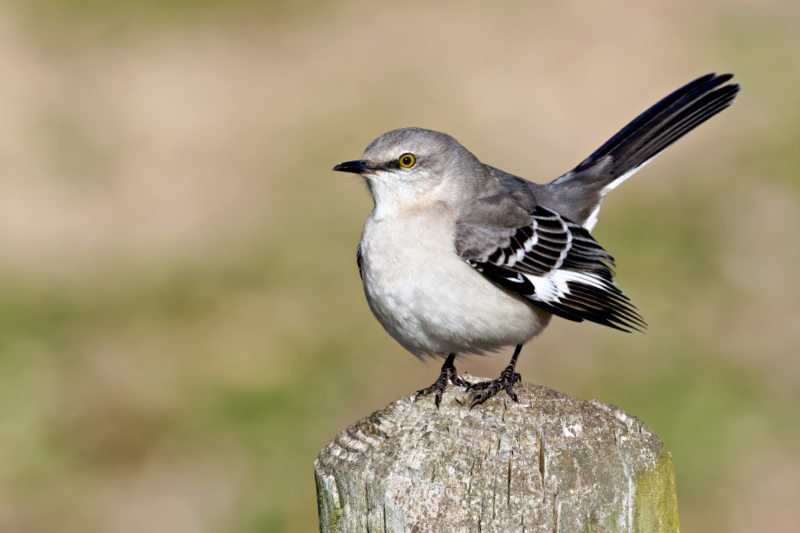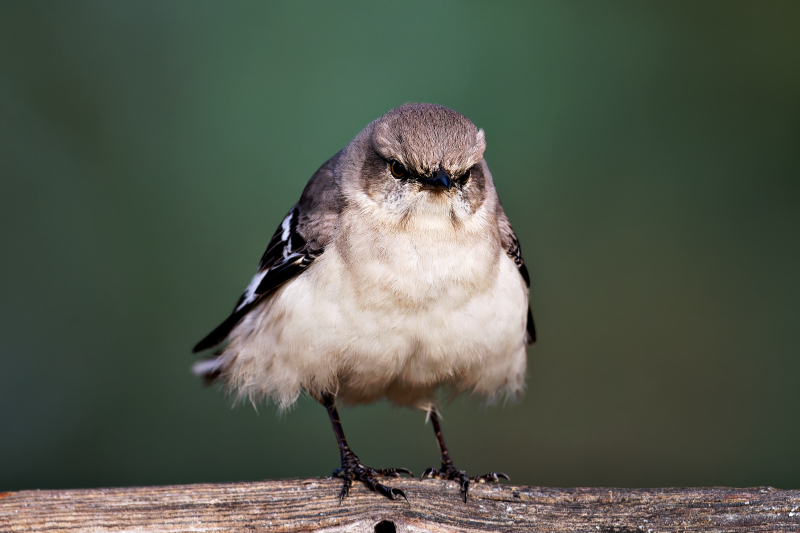
Territorial mockingbirds have been the dominant birds in my yard this winter. Once they decide a feeder or a patch of berries is “theirs,” they defend it hard and they do not share it for long.
I see them show up early, pick a perch, and start policing the area. Most of the time it is quiet at first. Then the chasing starts.
I’ve seen this same behavior play out before, especially when mockingbirds actively drive other birds away from feeders in winter.
Why Territorial Mockingbirds Get Worse in Winter
In winter, food gets limited and cold nights take a lot of energy. When a reliable food source shows up in a yard, a Northern Mockingbird can treat it like a private pantry.
That is when the attitude changes. They do not just feed and leave. They watch. They react fast to movement. They run off anything that comes in too close.
What I’m Seeing in My Yard

The pattern has been consistent for me. A mockingbird will settle near the feeders, then make quick flights at other birds to push them back.
Eastern Bluebirds have been one of the main targets. The bluebirds will try to slip in, grab a bite, and move off. The mockingbird usually does not allow that for long.
Sometimes the chase is only a few seconds. Other times it turns into repeated runs that keep the other birds away until they give up and move to another spot.
Winter Foods That Trigger This Behavior

When mockingbirds switch to winter foods, it can make them even more protective. Fruit and berries can become a major part of their diet, along with suet and anything else easy to grab.
If there is a steady food source day after day, the mockingbird seems to guard it more. I notice the most conflict when the feeders are active and multiple birds arrive at once.
A Quick Arkansas Note
Northern Mockingbirds are the state bird of Arkansas, and I see why they stand out. They are tough, alert, and they stay active through the cold months.
Even when they are being territorial, I still enjoy watching them. Their quick turns, bold flights, and constant awareness are impressive, even when they are running the yard like they own it.
I love all of these photos, Creek! The last one? It made me laugh out loud. Great post on these Northern Mockingbirds!